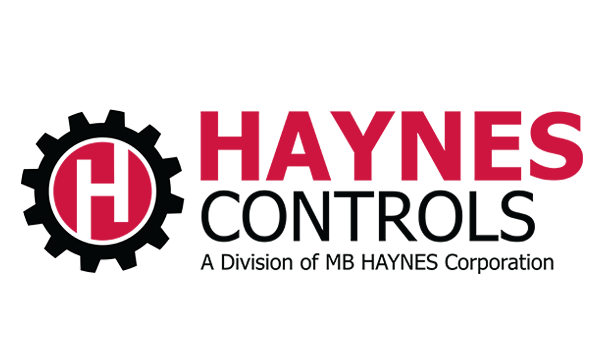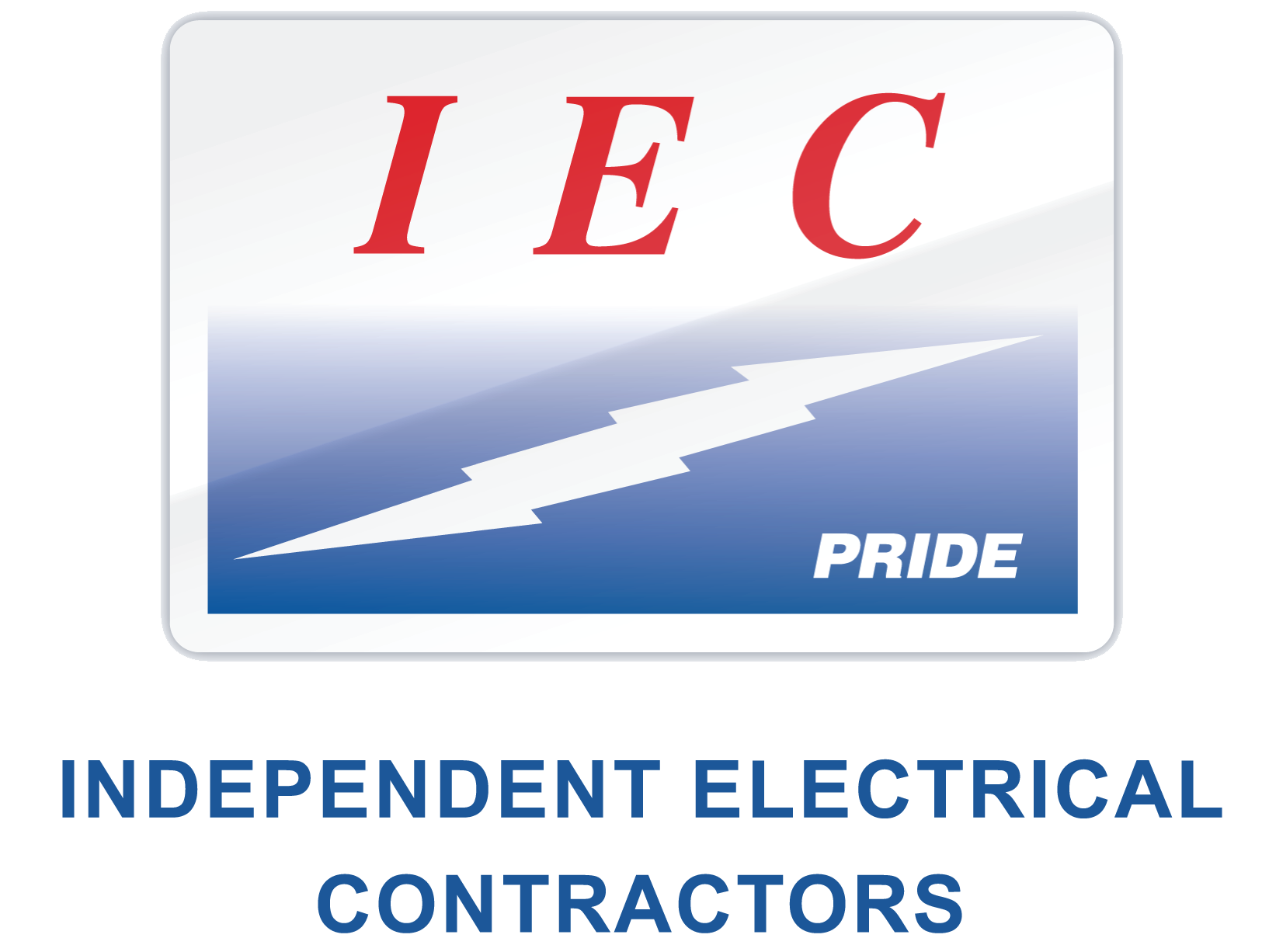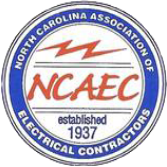
Transportation
 Electrical control panels play a crucial role in the Transportation Industry, providing a centralized and efficient way to manage various electrical systems and components in vehicles, infrastructure, and related applications. Here are several aspects to consider when exploring the use of electrical control panels in the Transportation Industry:
Electrical control panels play a crucial role in the Transportation Industry, providing a centralized and efficient way to manage various electrical systems and components in vehicles, infrastructure, and related applications. Here are several aspects to consider when exploring the use of electrical control panels in the Transportation Industry:
- Vehicle Control Systems:
-
- Automotive: In automobiles, electrical control panels are fundamental components that manage and distribute electrical power to various subsystems. They control functions such as engine management, lighting, climate control, and safety systems.
- Aviation: Aircraft heavily rely on sophisticated electrical control systems to manage navigation, communication, avionics, and other critical functions. Control panels help ensure the seamless integration and operation of these systems, contributing to the safety and efficiency of air travel.
-
- Traffic Management Systems:
-
- Rail Transportation: Electrical control panels are integral to rail systems, controlling signals, switches, and trackside equipment. They contribute to the safe and efficient movement of trains, helping prevent collisions and ensuring smooth operations.
- Urban Transit: In metro systems and other forms of urban transit, electrical control panels are used to manage train schedules, track switching, and station operations. They play a key role in optimizing transportation services for passengers.
-
- Infrastructure and Facilities:
-
- Ports and Harbors: Control panels are utilized in the management of cranes, conveyor systems, and other equipment in port facilities. They facilitate the efficient loading and unloading of cargo, contributing to the overall productivity of maritime transportation.
- Airports: Control panels control baggage handling systems, runway lights, security systems, and other critical components in airports. They are essential for the safe and smooth operation of air transportation facilities.
-
- Fleet Management:
-
- Logistics and Delivery: In the transportation of goods, electrical control panels are employed in fleet management systems. They help monitor vehicle performance, track shipments, and optimize routes, contributing to cost-effective and timely deliveries.
- Public Transport Management: Municipalities use control panels to manage public transportation fleets, ensuring that buses or other public transit vehicles operate efficiently and adhere to schedules.
-
- Communication and Connectivity:
-
- Telematics: Electrical control panels support telematics systems, enabling communication between vehicles and centralized control centers. This is critical for real-time tracking, diagnostics, and communication in applications like fleet management and emergency response.
-
- Safety and Compliance:
-
- Compliance Systems: Control panels contribute to ensuring that transportation systems comply with safety and regulatory standards. They can monitor and control safety features such as anti-lock braking systems (ABS), airbag deployment, and other critical functions in vehicles.
-
- Energy Efficiency and Sustainability:
-
- Energy Management: Electrical control panels play a role in optimizing energy usage in transportation systems, contributing to sustainability efforts. This includes managing power distribution, optimizing engine performance, and incorporating energy-efficient technologies.
-
In summary, electrical control panels are indispensable in the Transportation Industry, enhancing safety, efficiency, and sustainability across various modes of transportation and infrastructure. Their role continues to evolve with advancements in technology and the growing integration of smart systems in the transportation sector.
Our Industries
- Agricultural Industry
- Automotive Manufacturing
- Chemical Laboratories
- Chemical Processing Industry
- Data Centers
- Educational Institutions
- Entertainment and Broadcasting Industry
- Food and Beverage Processing Industry
- Manufacturing Industry
- Medical Equipment Manufacturing Industry
- Mining and Minerals Processing Industry
- Oil and Gas Industry
- Pharmaceutical Manufacturing Industry
- Pulp and Paper Manufacturing Industry
- Rail Transportation Industry
- Renewable Energy Industry
- Research Laboratories
- Telecommunications Industry
- Textile Industry
- Transportation Industry
- Water and Wastewater Treatment
- Controls Services MAIN PAGE >












